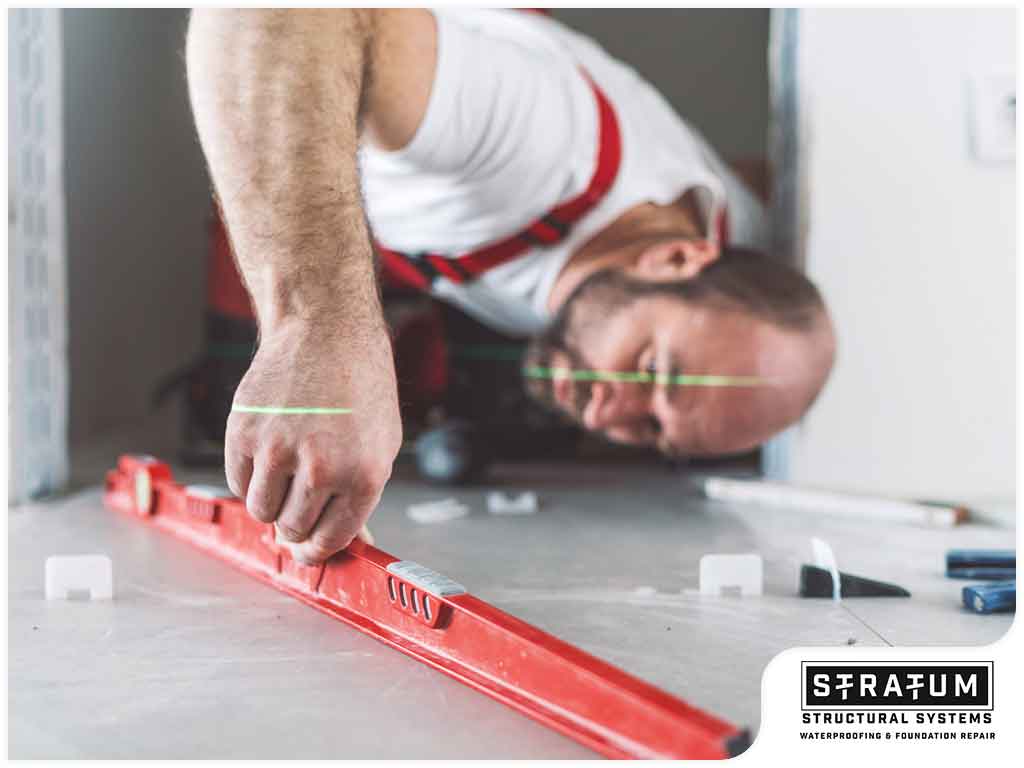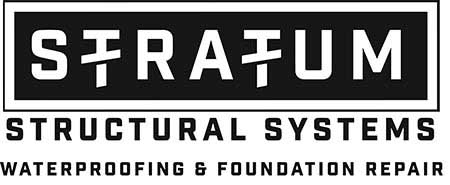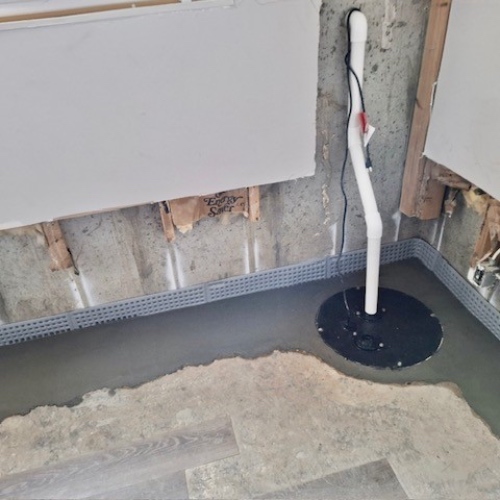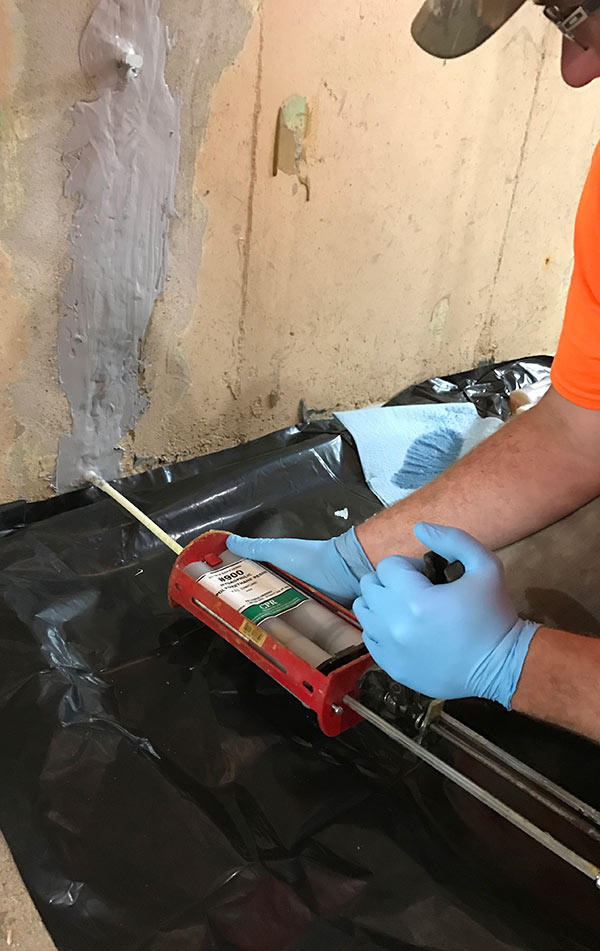Why Do Concrete Slabs Sink?

You expect your basement floor to be smooth, even and stable. In other words, reliable. But what happens if your basement floor ends up crooked and in turn, unsafe?

In this article, foundation repair company Stratum Structural Systems discusses what causes concrete slabs to sink, and how the issue can be fixed.
Main Culprit #1: Erosion
The soil supporting a concrete slab can be washed away and erode, resulting in an uneven surface. Clogged gutters that don’t divert water away from your home properly, short downspouts that expose the foundations of your house to excess water and various drainage-related issues all contribute to an eroded soil.
Main Culprit #2: Drought
Extended periods of drought can also cause concrete slabs to settle, especially if the supportive soil is composed mainly of expansive clay. Clay expands when wet and shrinks a considerable amount during dry weather, causing the concrete above it to sink and crack.
Main Culprit #3: Improperly Prepared Soil
Reputable basement repair contractors know that an improperly prepared soil base is susceptible to erosion and washout. The best practice would be to use a mechanical tamping machine on the supporting soil before concrete is poured onto driveways, patios, or walkways.
Main Culprit #4: Incorrect Foundation Grading
You might be under the assumption that the lower into the ground a foundation is placed, the stronger it will be. However, going too low might be your property’s structural undoing. It takes a professional contractor to determine how much slope is needed. The consensus seems to be that the foundation needs to be 18 inches higher than any segment of the original ground within 10 feet of your foundation.
Hire a Pro
The surest way to avoid concrete slab issues is to hire a pro, like our team at Stratum Structural Systems. We offer a wide range of waterproofing and foundation repair services. We also specialize in egress window repair. Call us today at (314) 669-3030 for a free consultation.




